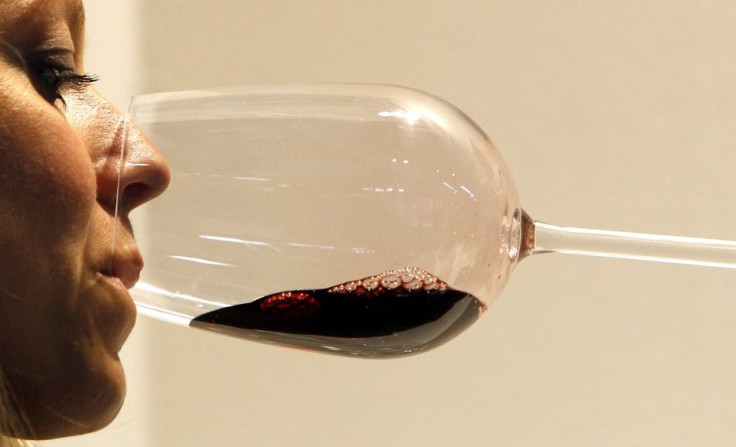Moderate Drinking Can Reduce Dementia, Alzheimer’s Risk

Moderate drinking of alcohol -- two or less glasses of wine or beer per day -- can reduce dementia and Alzheimer's disease risk by 23 percent, according to a new study.
Researchers reviewed 143 studies, which included about 365,000 participants from 19 countries. The health benefits were seen in 14 of 19 countries, including the U.S., the study said.
Moderate drinking, or one drink daily for women and two for men, is considered 1.5 ounces of spirits, 5 ounces of wine or 12 ounces of beer, according to WebMD.
It isn't clear why moderate alcohol consumption can lower the risk of Alzheimer's disease, but Loyola University Medical Center researchers believe the cause is attributed to alcohol's antiinflammatory effects.
Low levels of alcohol may have antiinflammatory effects on the immune system, heart, and brain, Michael A. Collins, one of the researchers, told WebMD. This study is not the final word, but it does provide the most complete picture out there.
Neuroinflammation which occurs in both Alzheimer's disease and dementia can be deterred by moderate alcohol consumption. However, drinking heavily, considered 3-5 drinks per day, can actually cause neuroinflammation and memory problems, as it presents a cognitive risk for dementia, said Collins.
While the benefit was equal amongst both men and women, the study showed that wine consumption was a better choice to reduce the risk of dementia. However most studies reviewed didn't distinguish the types of alcohol.
The findings, published in Neuropsychiatric Disease and Treatment journal, overall showed that moderate drinking didn't impair cognitive functions in younger subjects aged 18-50 and actually reduced the risk of dementia and Alzheimer's in participants over the age of 50.
© Copyright IBTimes 2024. All rights reserved.






















